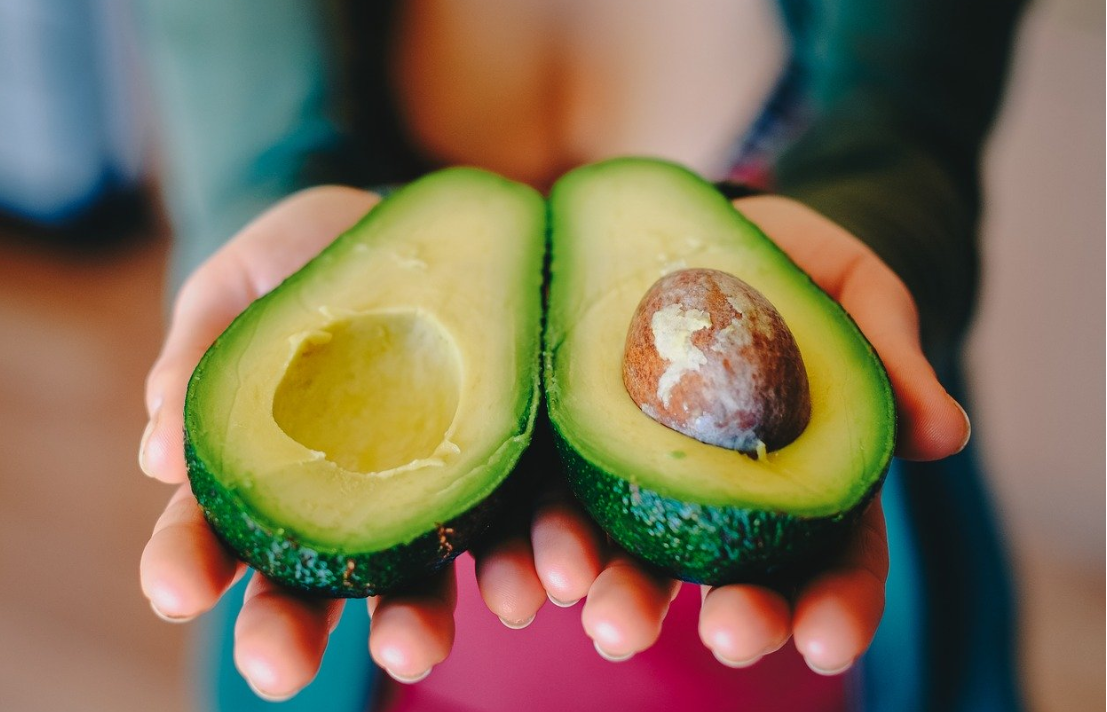Let food be your medicine – type 2 diabetes diet

Diabetes occurs when your body doesn’t produce or use enough insulin to absorb glucose into your cells and keep your blood sugar (glucose) levels in the normal range. If left untreated, this can lead to serious complications, such as a diabetic coma. Persistent high blood sugar may also cause long-term complications, including nerve, kidney and heart damage[i].
Type 2 is the most common form of diabetes and is largely preventable by controlling weight, exercising regularly and following healthy eating guidelines. The factors that can help lower your risk of developing type 2 diabetes are also relevant for helping to manage it, if you’ve already had a diagnosis.
For more advice about best foods for people with diabetes, visit the Diabetes New Zealand site.
Maintain a healthy weight
It’s important to know what your healthy weight range should be. If you’re not sure, ask your doctor next time you have a check-up. Your doctor can also provide sound advice on how to get your weight into the healthy range and keep it there.
Exercise daily
Exercise that works your muscles improves their ability to use insulin and absorb glucose. Studies suggest that walking briskly for 30 minutes a day can reduce your risk of developing type 2 diabetes by 30%. Excessive inactivity, such as watching too much TV instead of doing more active things, may increase your risk.
Focus on a balanced, nutritious diet
If you have type 2 diabetes, or are close to developing it, your doctor will probably encourage you to switch to a healthy eating plan or refer you to a dietitian. Eating healthy foods can also lower your risk of developing type 2 diabetes in the first place. Here are some Type 2 diabetes diet guidelines to help you get started on the right track[ii].
Eat whole grain foods rather than food made with refined or processed grains, like white flour
Whole grains slow the digestion of starches, which results in slower increases in blood sugar and insulin. Whole grains are also a better source of vitamins and minerals, which may lower your risk of developing type 2 diabetes.
Avoid sugary drinks and replace them with water, tea or coffee – without sugar, of course
Apart from contributing to weight gain, sugary drinks (soft drinks and some juices) have been linked to diabetes risk factors, such as inflammation, reduced ‘good’ cholesterol (HDL) and higher insulin resistance.
Choose healthy fats
Choose healthy fats (monounsaturated and polyunsaturated) found in nuts, seeds, avocados and vegetable oils (olive, rice bran, flaxseed, canola oil). Avoid trans fats, which are often found in fried fast food, packaged cakes and biscuits, and many types of margarine.
Avoid processed meats
Avoid processed meats (like bacon and salami), limit your intake of red meat and choose chicken, fish, nuts, beans and whole grains instead.
Healthy snacks
Healthy snacks include hard-boiled eggs, yoghurt with berries, a small handful of almonds, hummus with vege sticks, sliced apples with peanut butter, cheese and wholegrain crackers, and plain popcorn.
[ii] www.hsph.harvard.edu
